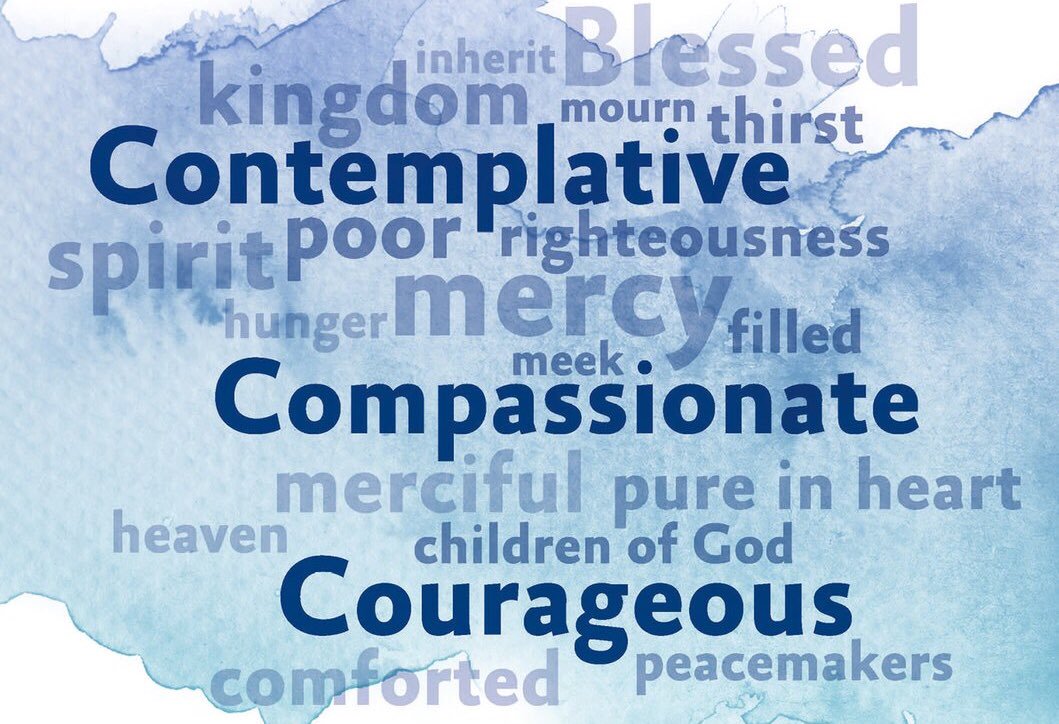COVENANT 22 – PRAY FOR ONE ANOTHER THAT YOU MAY BE HEALED
The Sacramental Community of the Coworkers of Christ is guided by three core documents: the Rule, the Covenants, and the General Statutes which constitute the Common Rule. The Common Rule serves as the foundation, outlining the essential principles that define our religious life. It’s a moral code, a call to live according to our deeply held Christian values. Upon becoming a full member, adherence to the Common Rule is expected. Even those associated with the Community in lesser capacities are encouraged to strive towards these principles whenever possible.
It’s important to note that the Common Rule should never contradict the teachings of Christ or an individual’s conscience. If a member experiences a conflict between their conscience and the Community’s expectations, open communication is crucial. They are encouraged to first discuss the issue with their spiritual director, a trusted guide who can offer support and insight. Depending on the complexity of the situation, chapter leaders, the Minister General, or even the General Gathering may be involved to find a solution that upholds both the member’s conscience and the spirit of the Community.
For less serious disagreements regarding the interpretation of the Common Rule and or its constituent parts, a structured approach is recommended. Members can raise their concerns with chapter leaders, followed by a step-by-step appeal process involving the Minister General, the General Counsel, and finally, the General Gathering. Additionally, with the consent of both parties, the Visitor can serve as a neutral mediator to facilitate communication and resolution.
Our core belief is that a foundation of faith, charity, and open communication should be enough to resolve most disagreements within the Community. Scripture emphasizes the importance of forgiveness and reconciliation whenever possible (Matthew 18:21-22). Following Jesus’ teachings, we strive to actively pursue reconciliation, even if it requires repeated attempts (Luke 17:3-4).
However, the Bible also acknowledges situations where separation may be necessary. In cases of abuse, ongoing harmful behavior, or persistent unrepentant sin, separation may be required to protect oneself and others (1 Corinthians 5:1-13). Even in these difficult circumstances, the principles of forgiveness, self-reflection, and seeking support from trusted spiritual leaders remain essential (Proverbs 18:15, James 5:16). By following these principles, individuals can move forward with grace and a renewed commitment to healthy relationships, even when separation is unavoidable.
Navigating complex situations requires prayer, wisdom, and discernment. The Common Rule serves as a guide for our journey, but it’s our unwavering commitment to Christian values and open communication that allows us to grow as individuals and as a Community.
Ultimately, if the conflict remains unresolved, the member must follow their conscience and choose to separate from the Community. This separation should be done respectfully and in a Christ-like manner.

